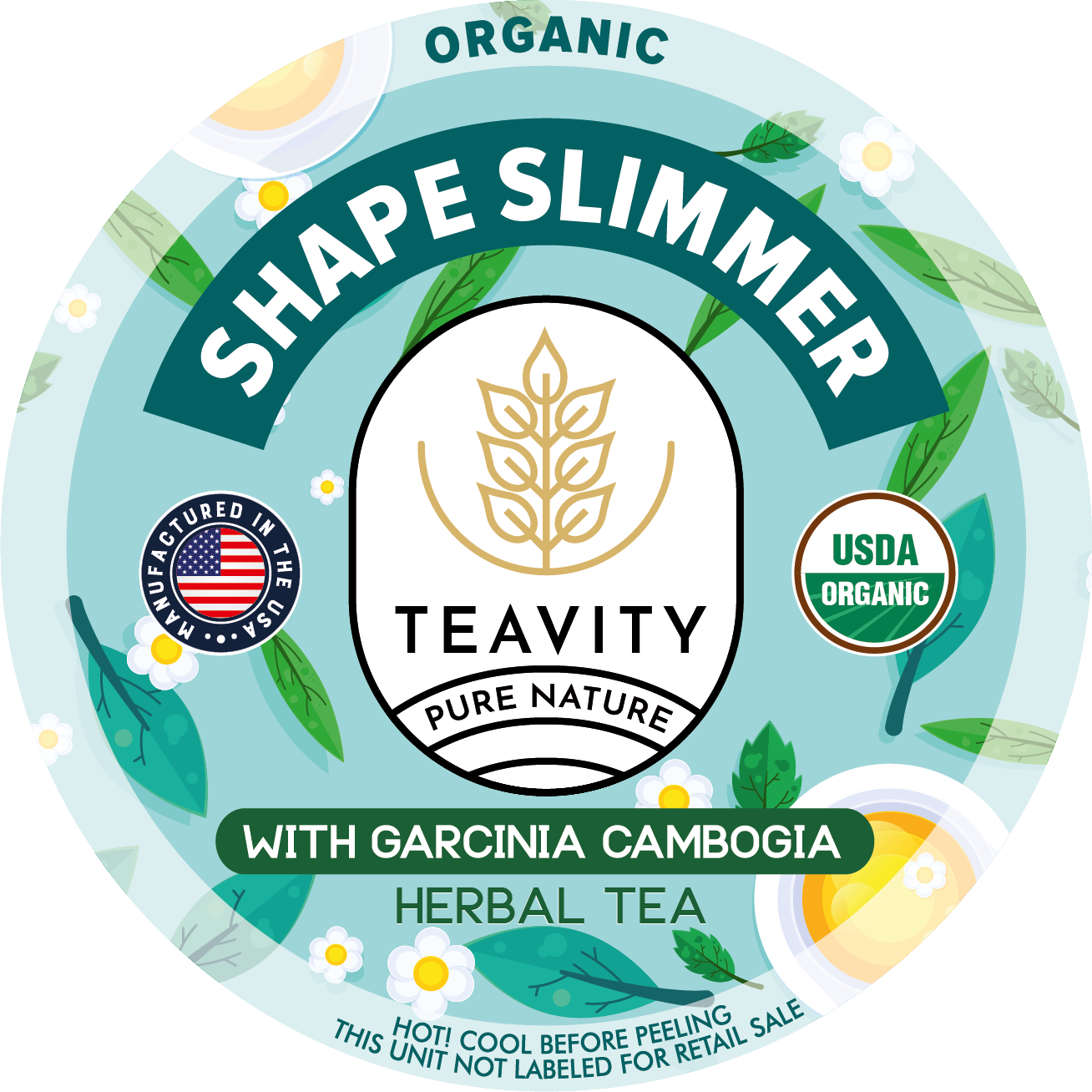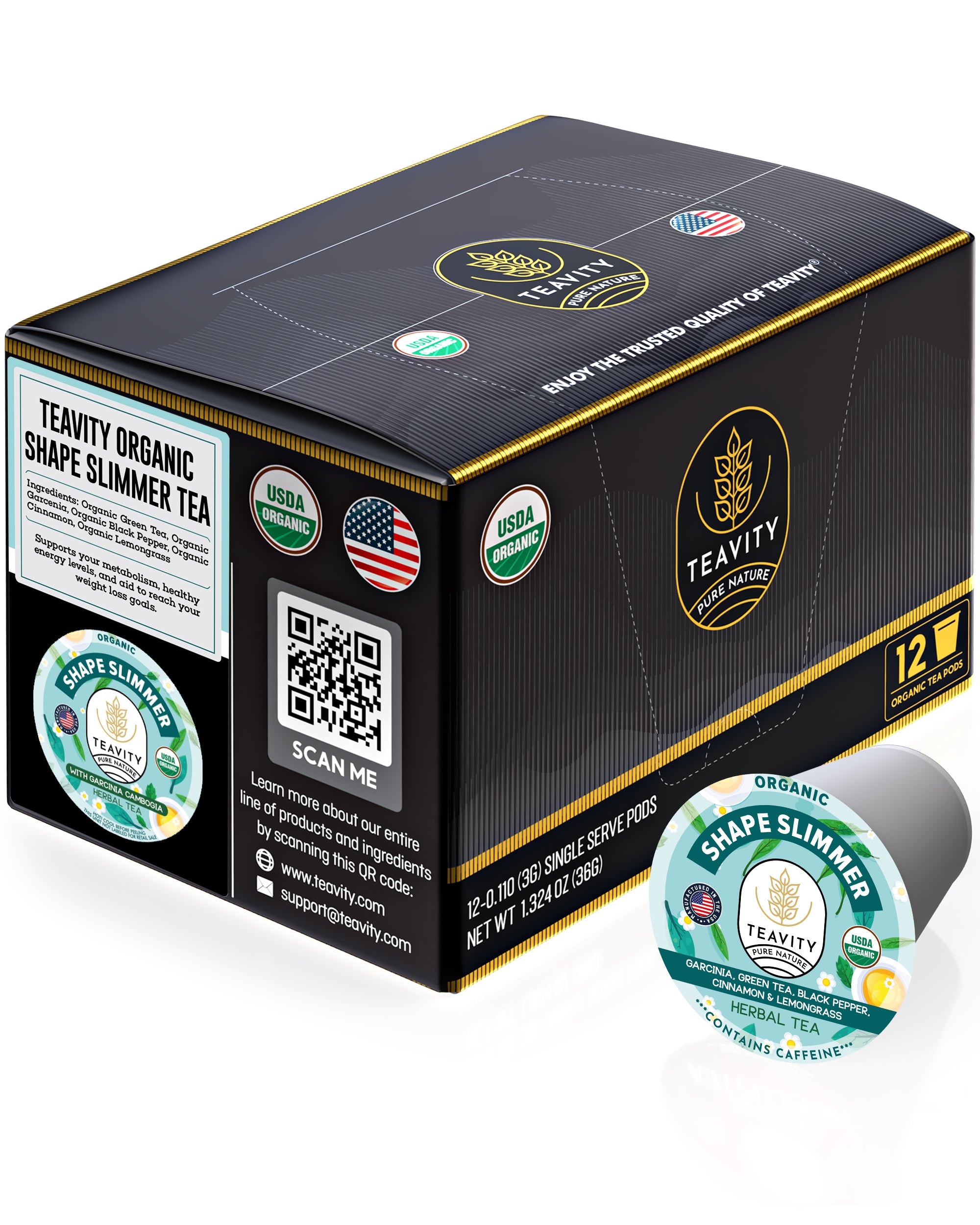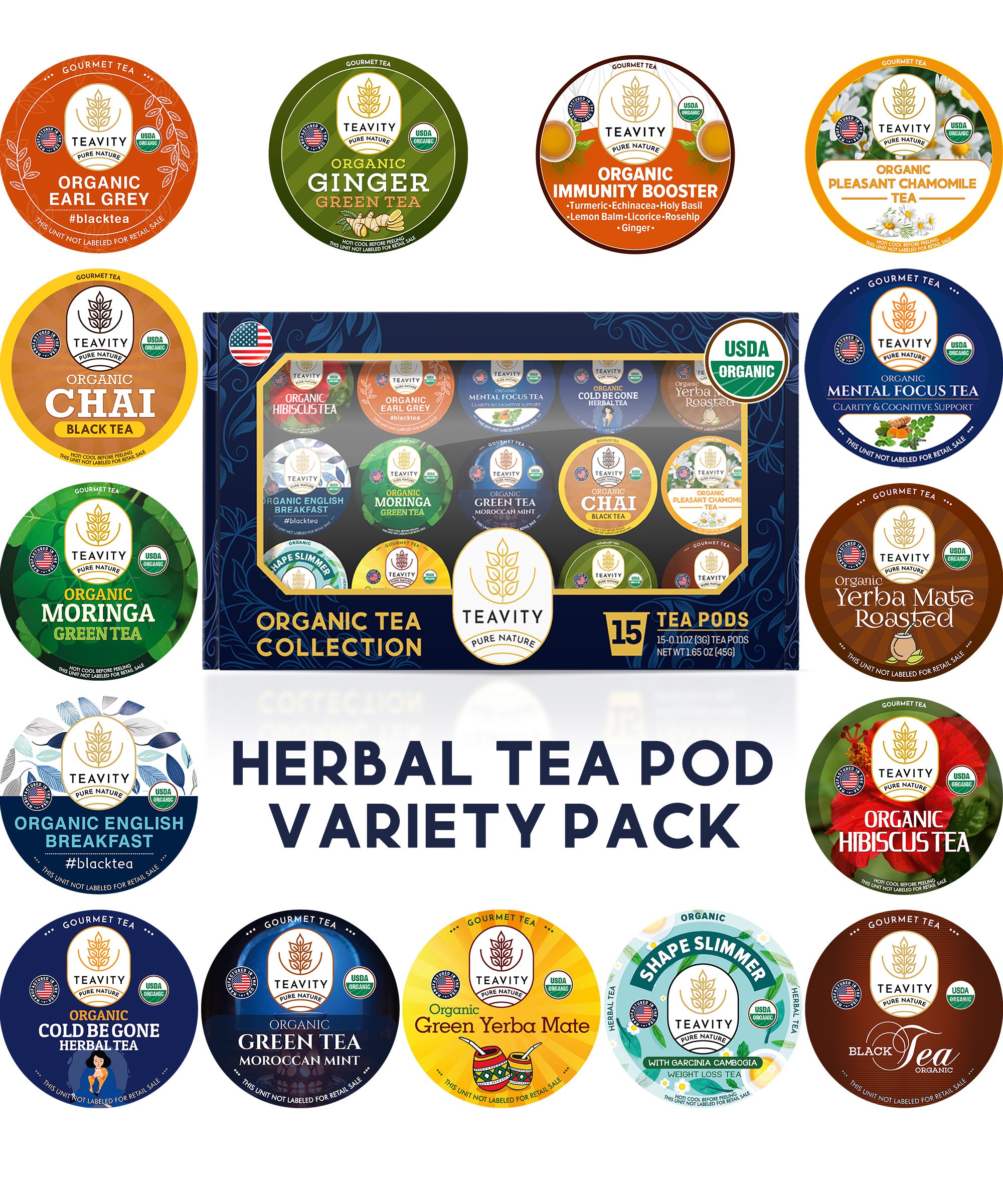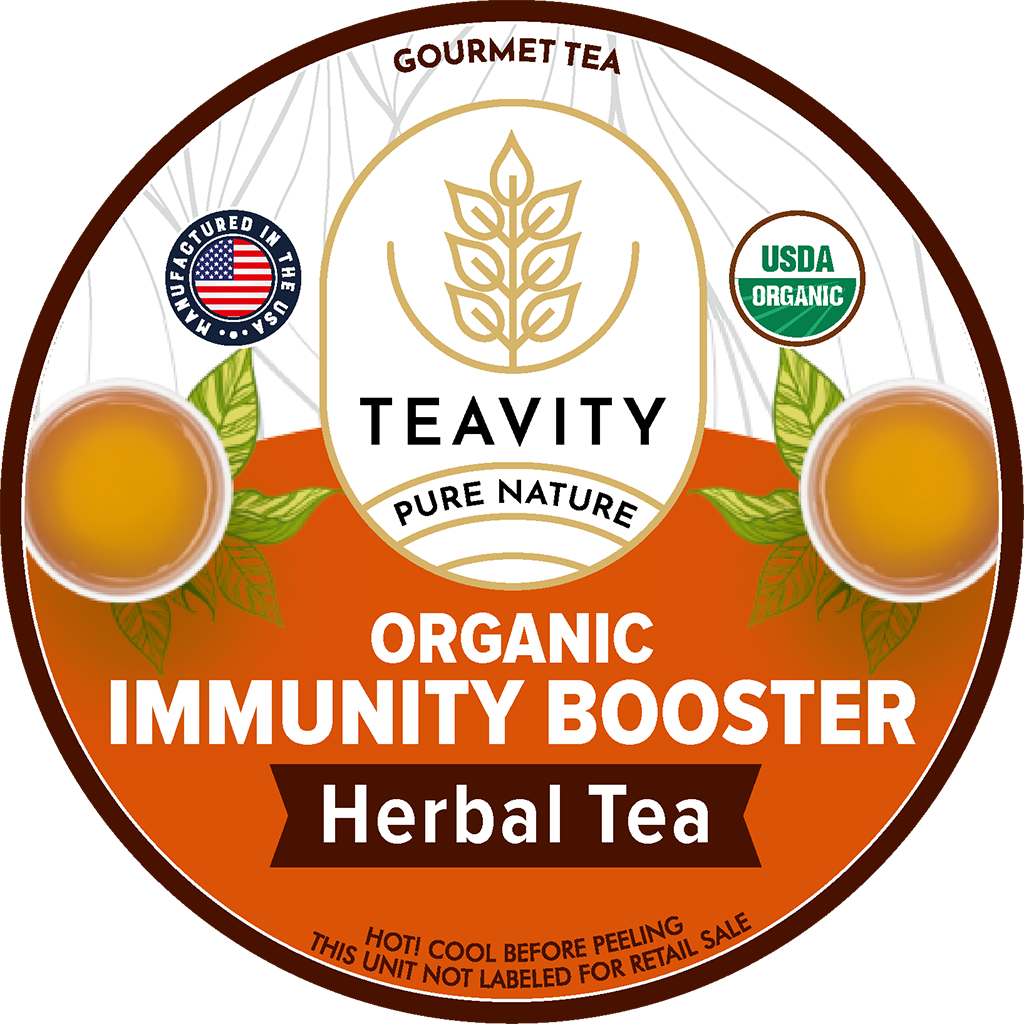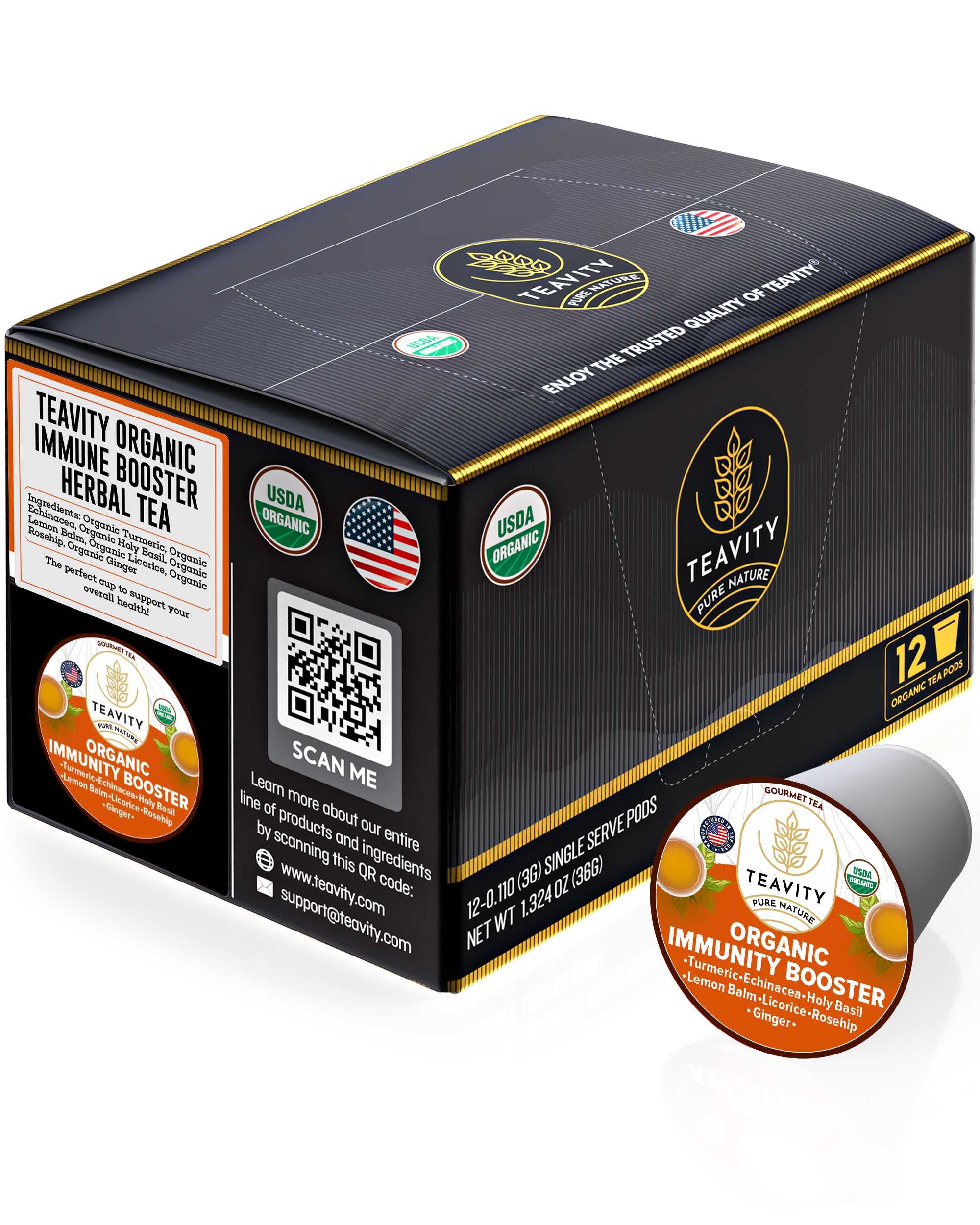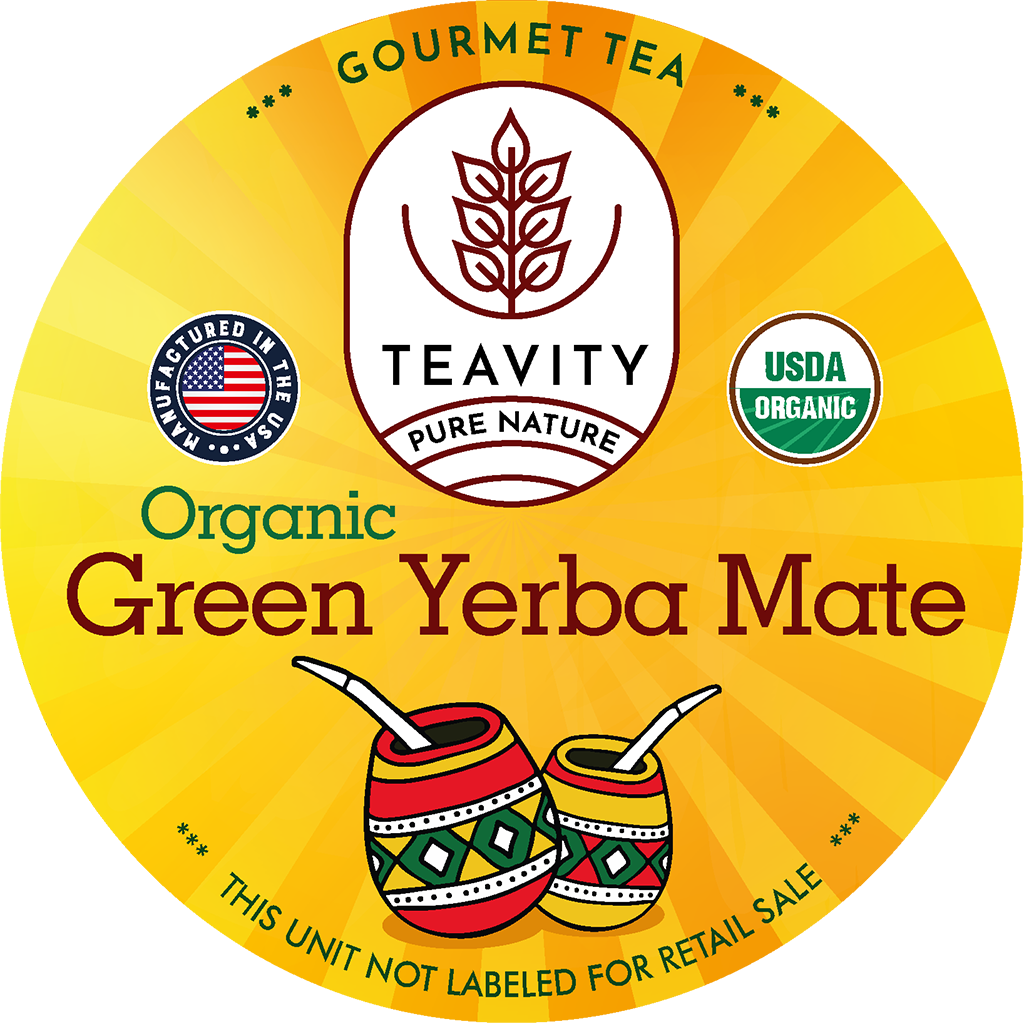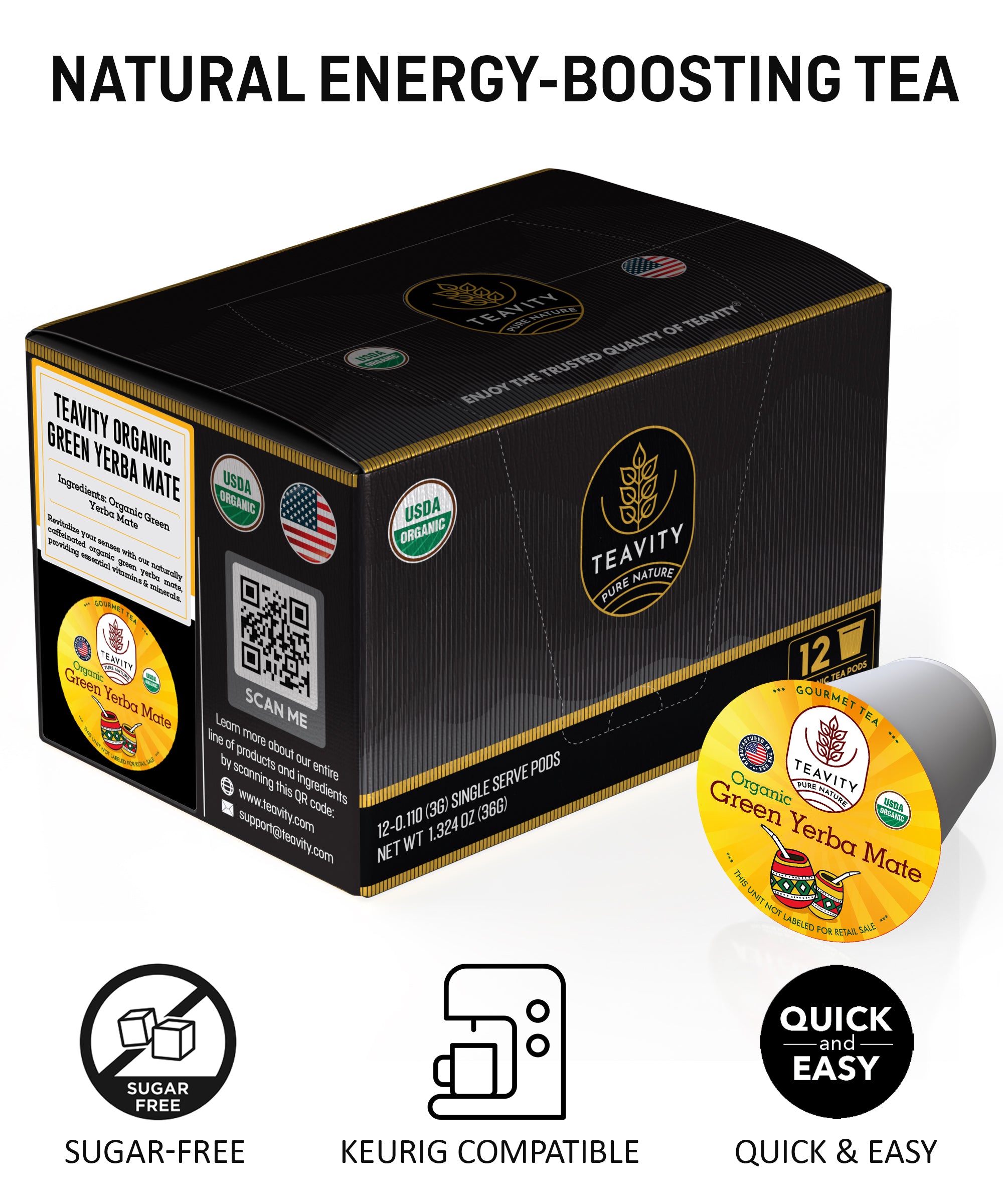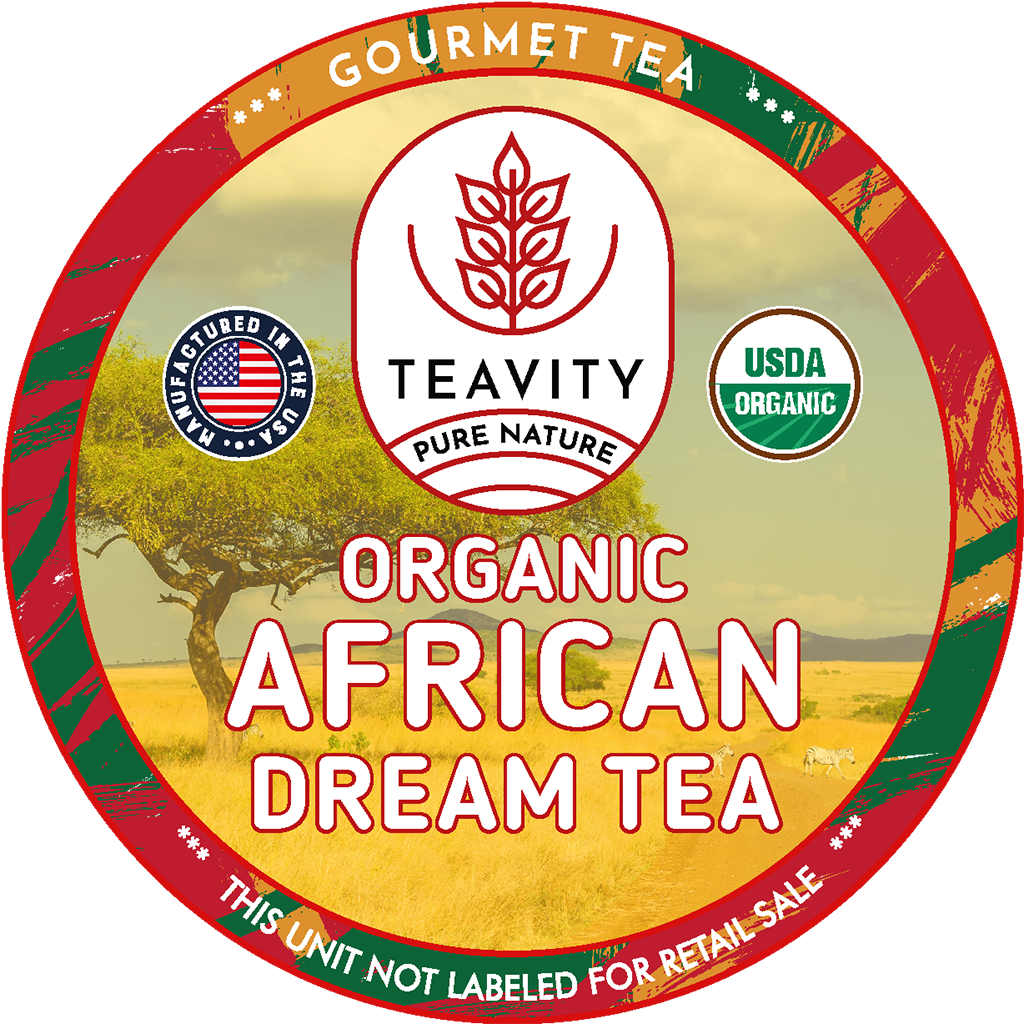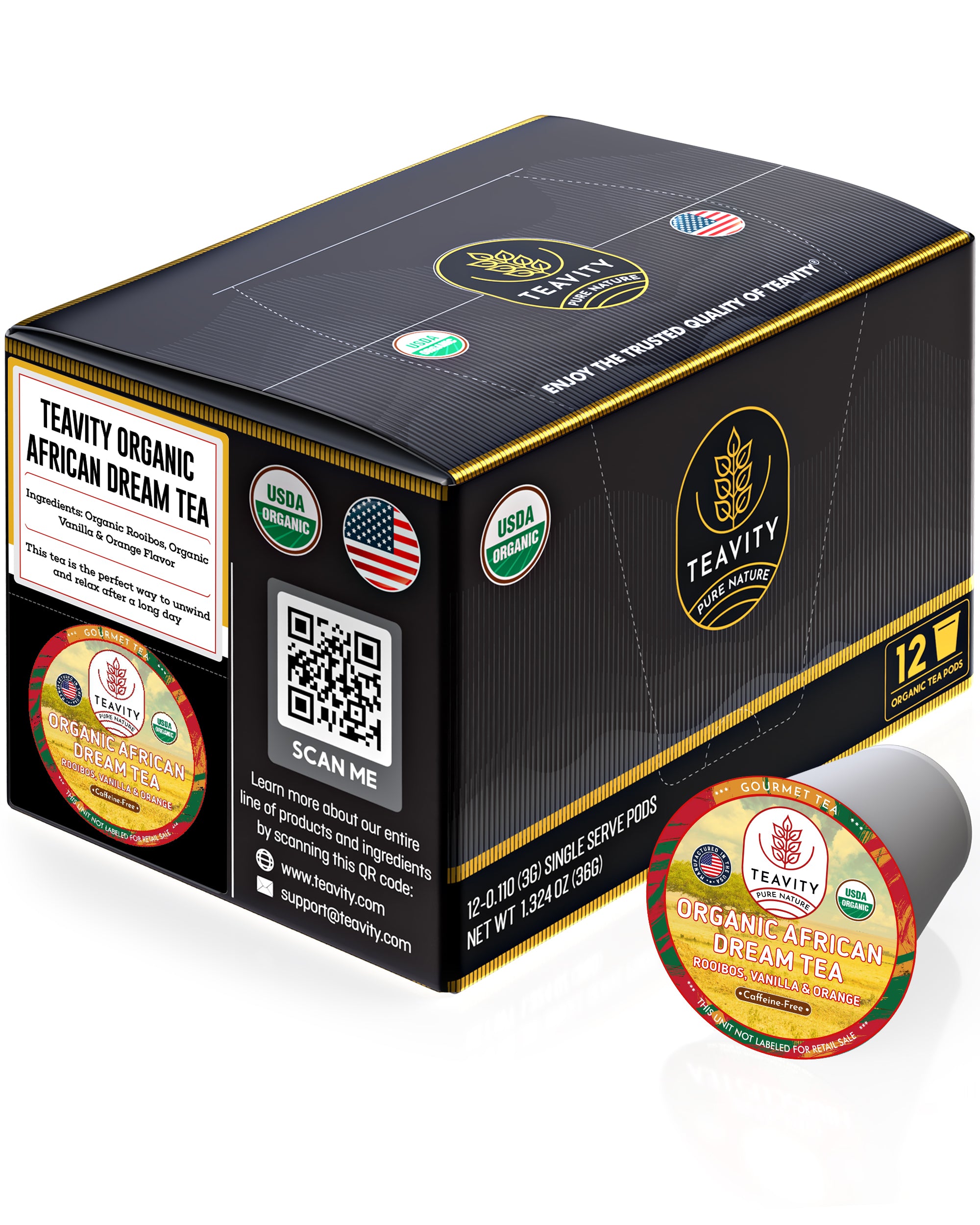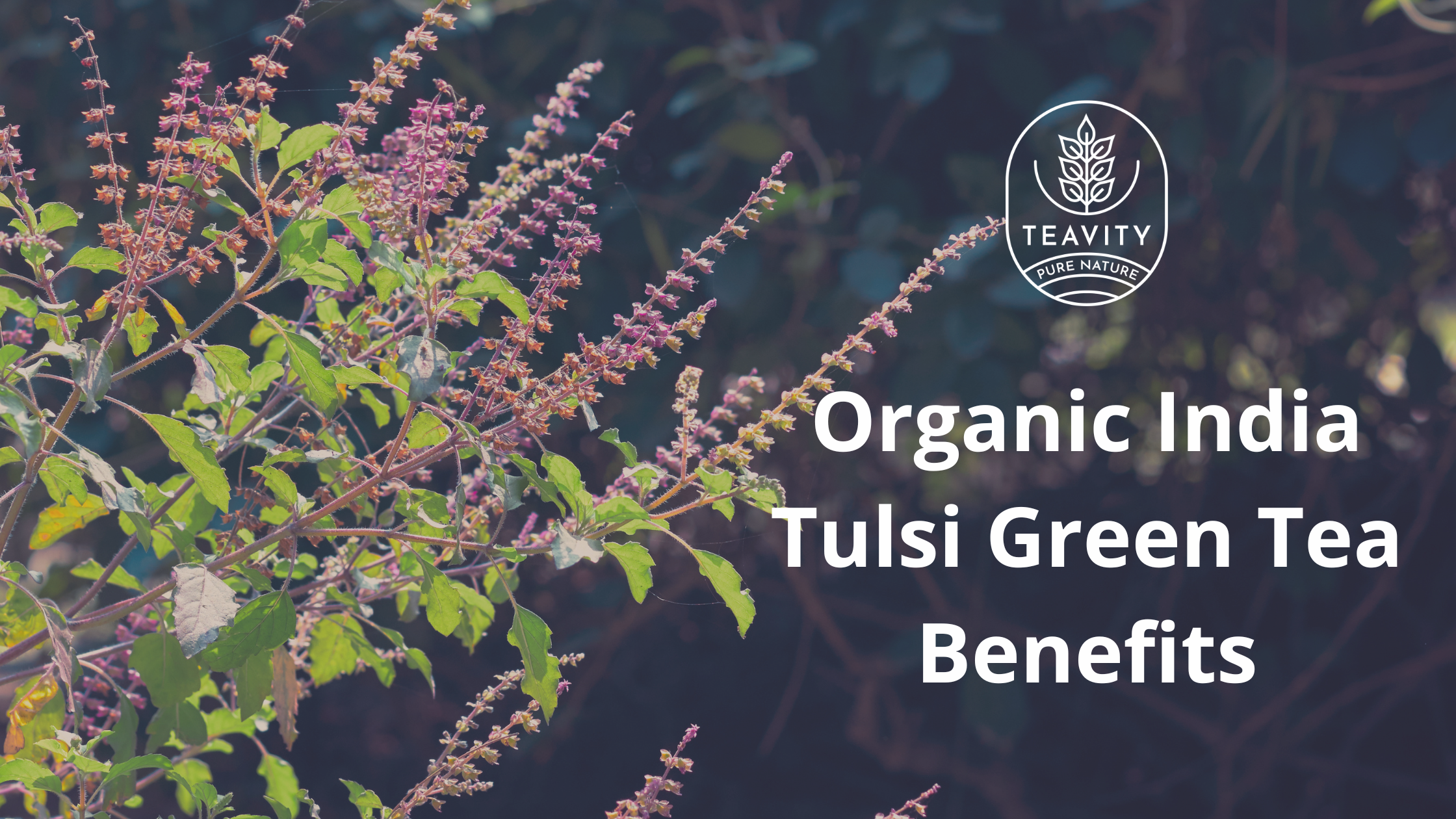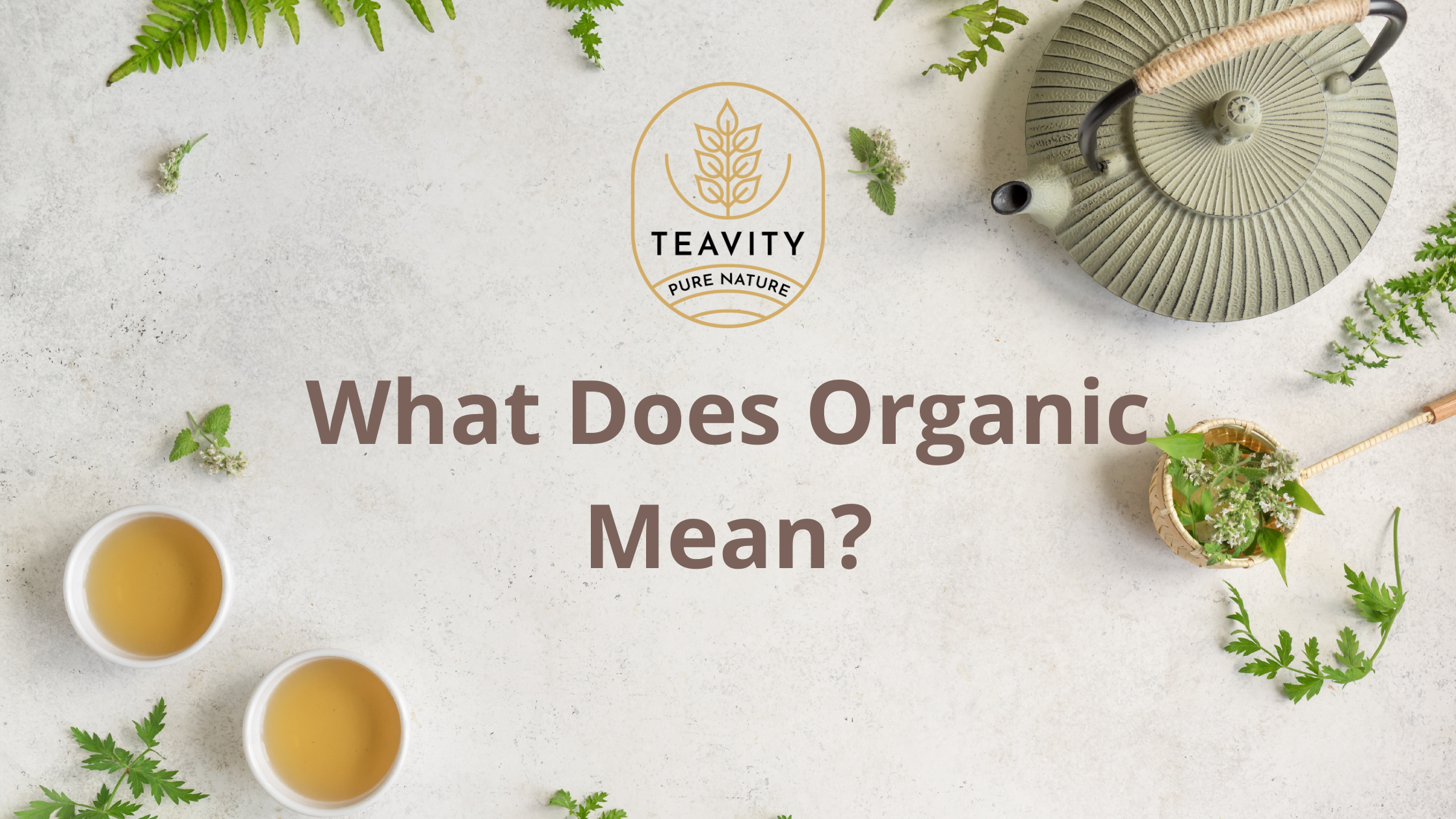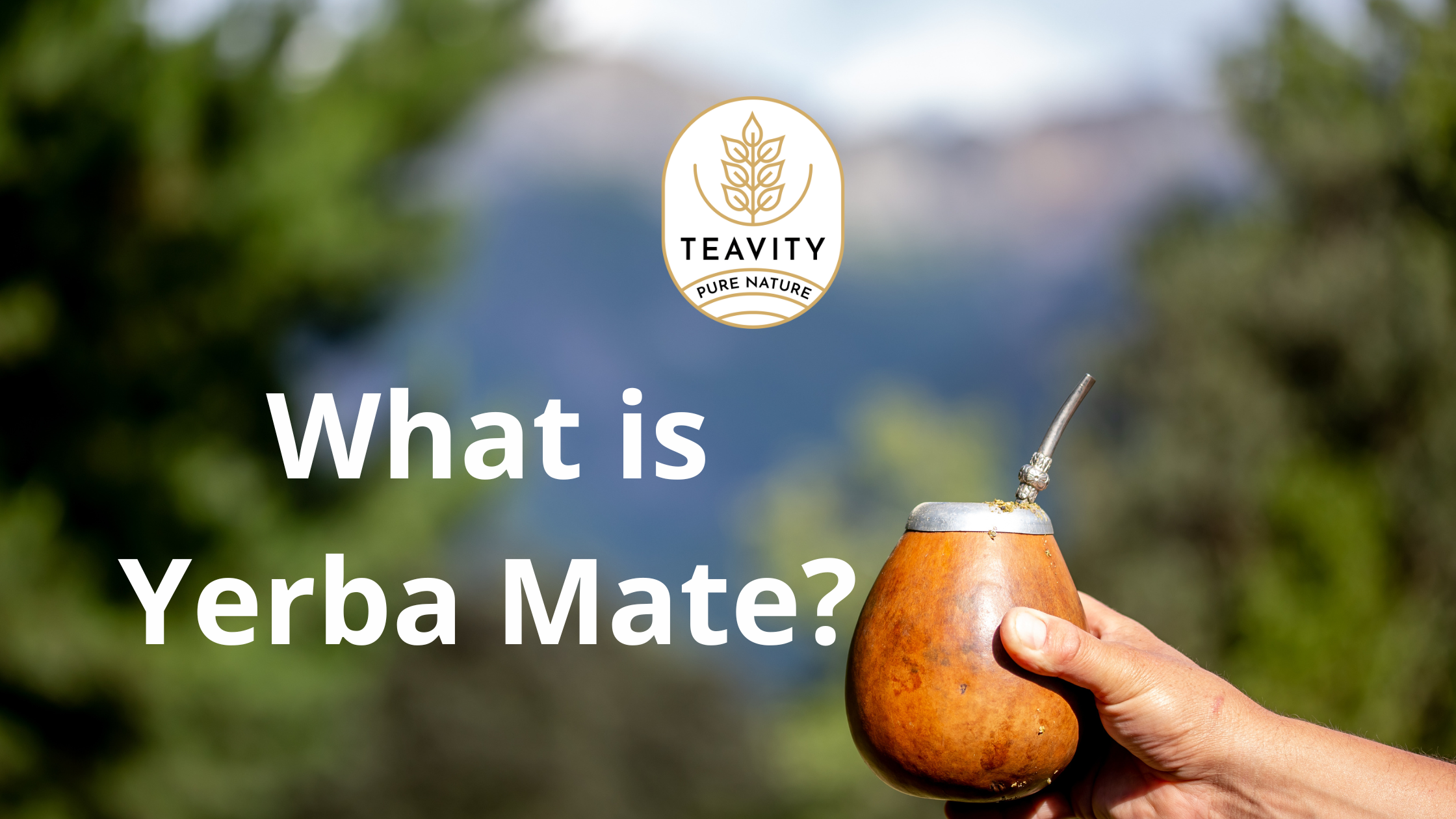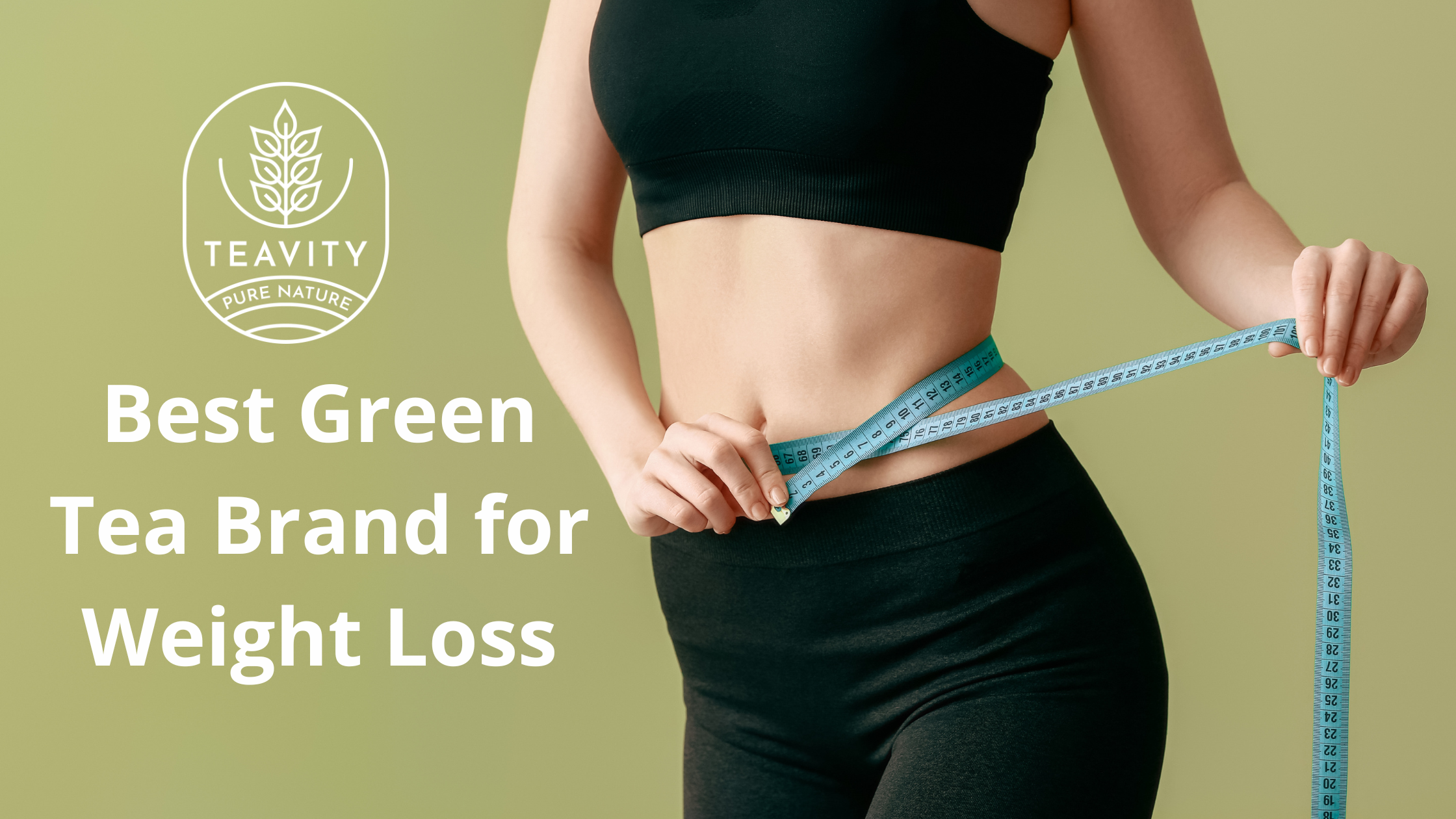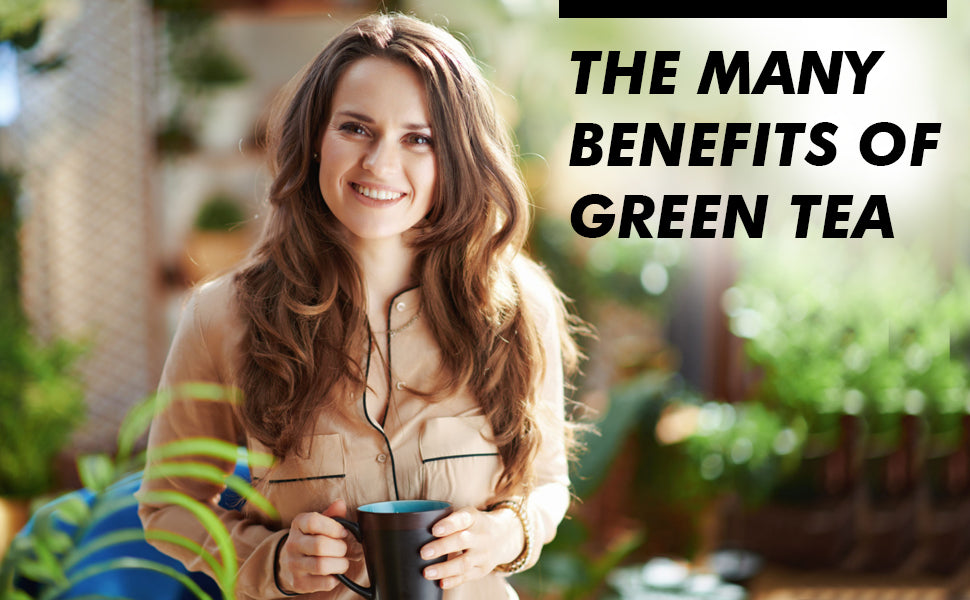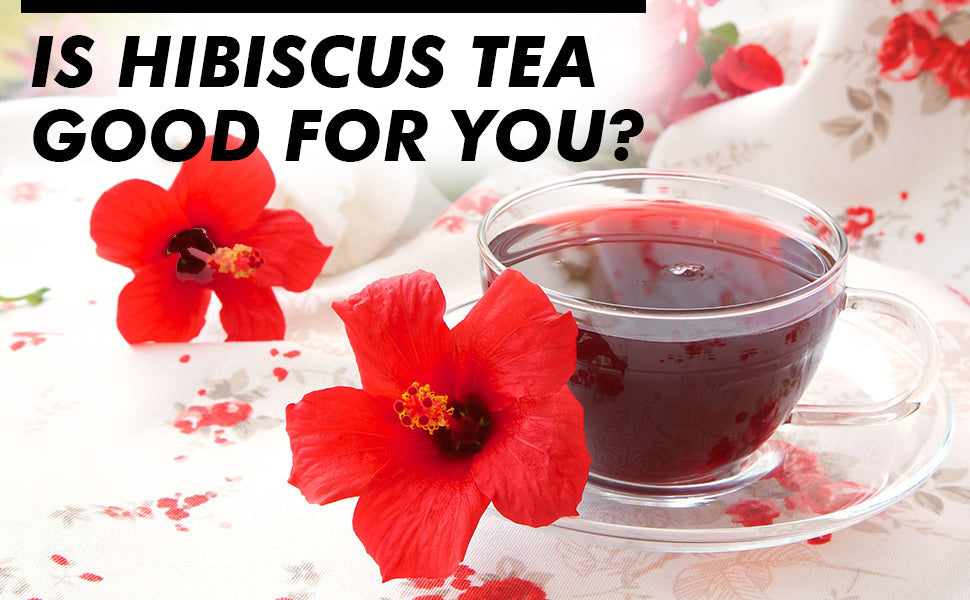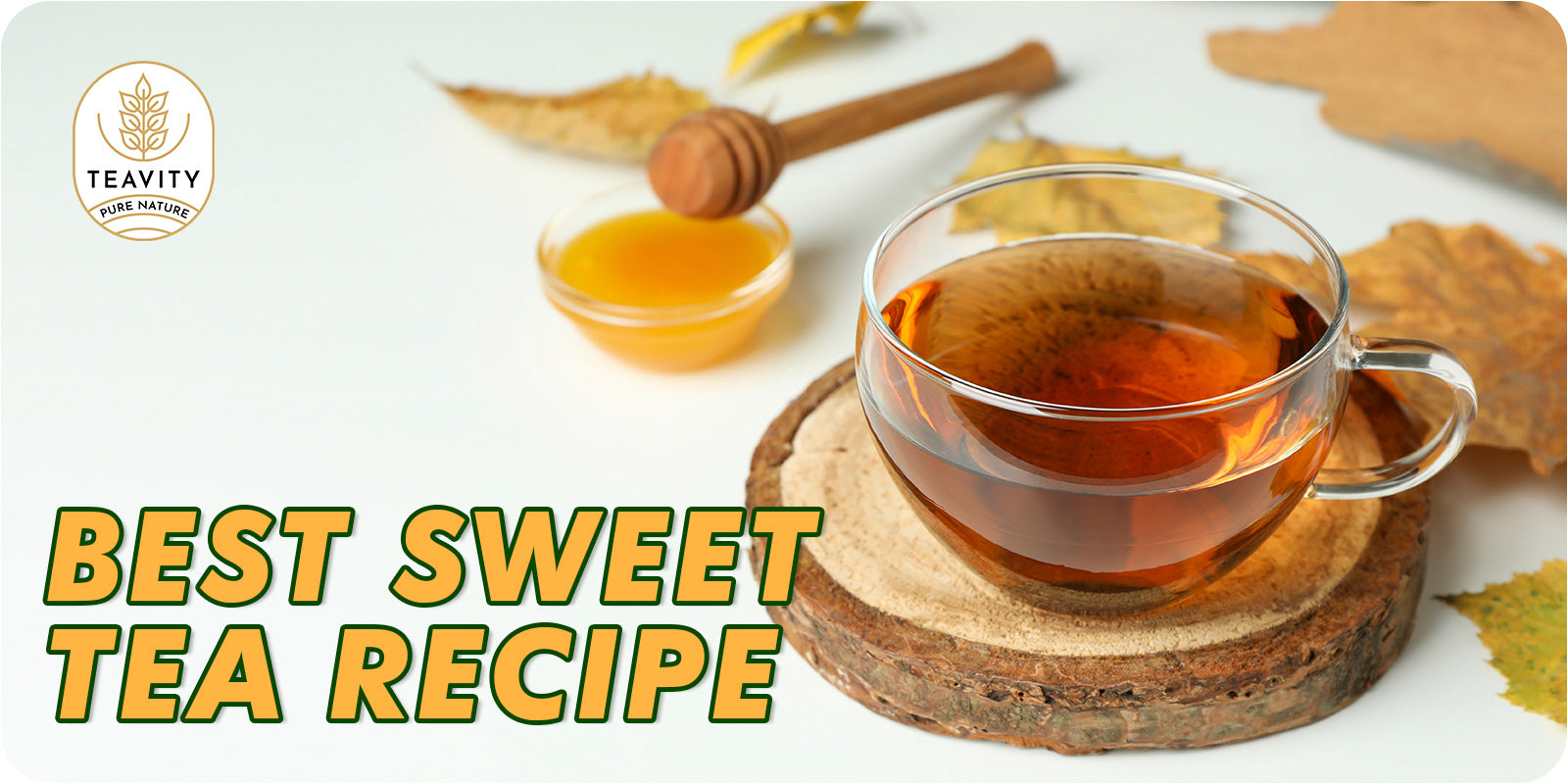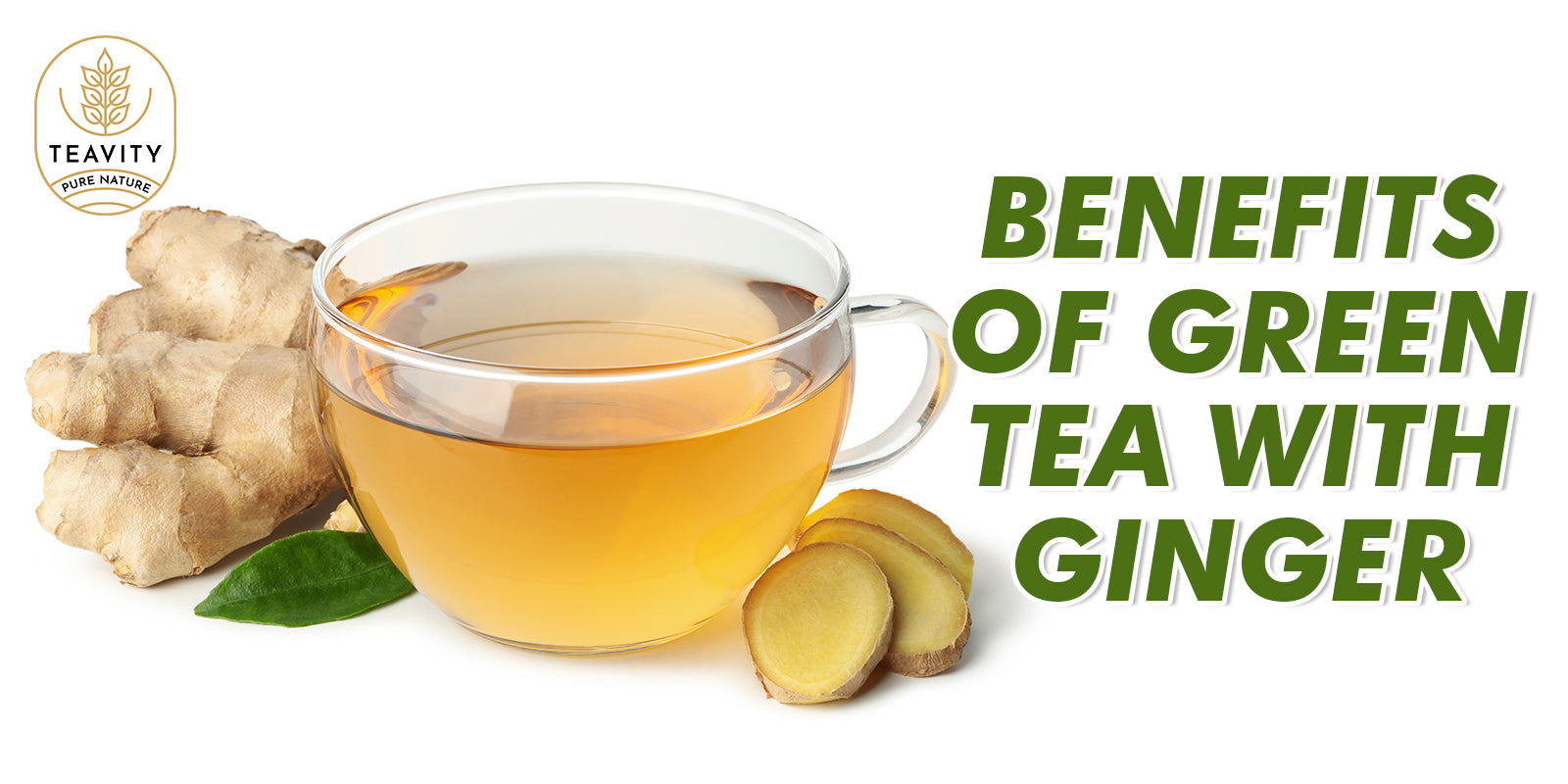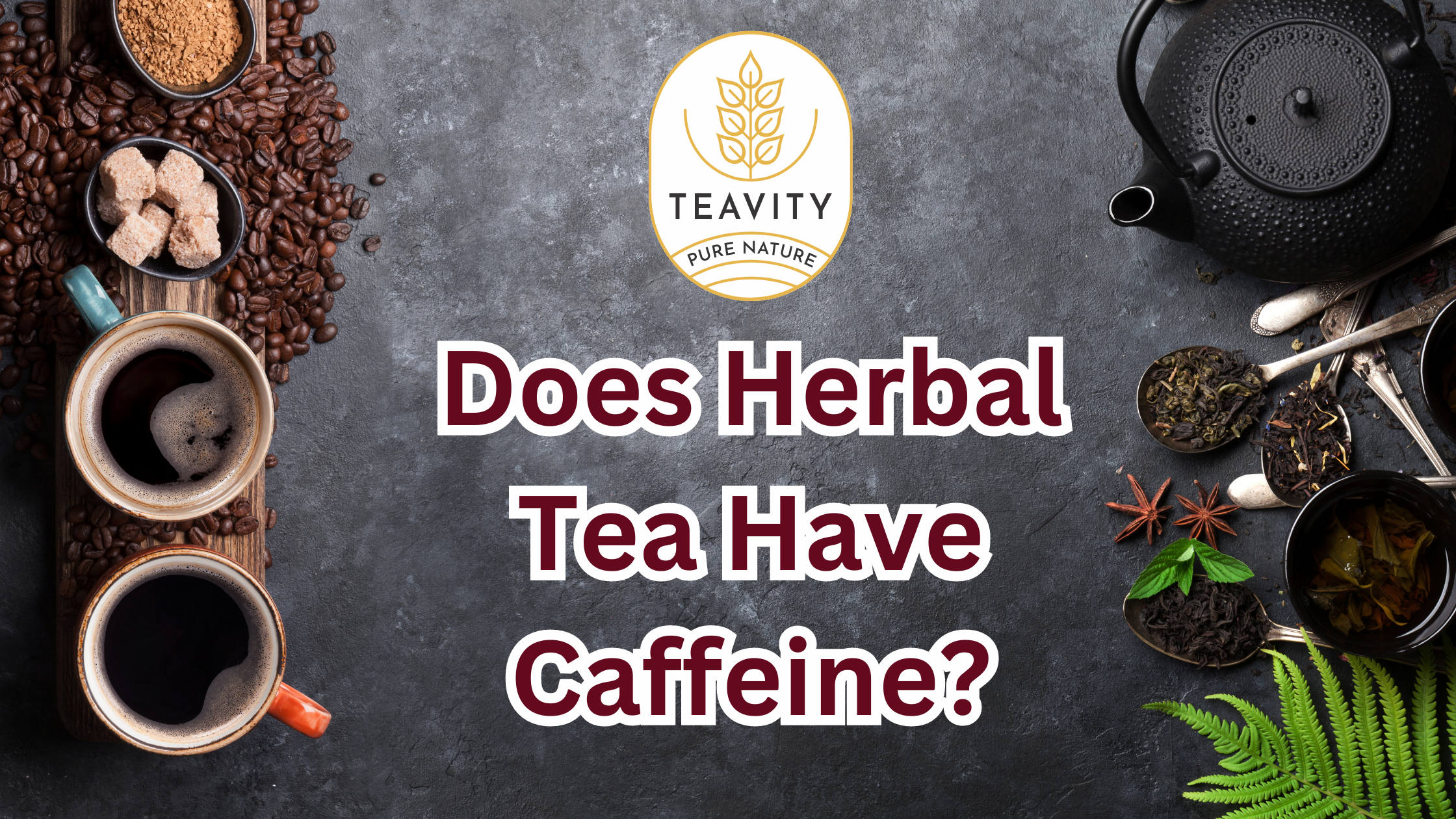
Does Herbal Tea Have Caffeine?
Introduction:
Herbal tea is a popular beverage enjoyed for its soothing properties and various health benefits. In this blog post, we will delve into the topic of caffeine in herbal teas, exploring the different types of herbal teas available, their caffeine content, and the benefits they offer.
Types of Herbal Teas:
-
Chamomile Tea: Chamomile tea is a caffeine-free herbal infusion made from dried chamomile flowers. It is known for its calming effects and is often consumed before bedtime to promote relaxation and better sleep.
-
Peppermint Tea: Peppermint tea is another caffeine-free option. It is made from dried peppermint leaves and offers a refreshing and invigorating flavor. Peppermint tea is often consumed to soothe digestive issues and relieve bloating.
-
Rooibos Tea: Rooibos tea, also known as red tea, originates from South Africa. It is naturally caffeine-free and has a rich, earthy flavor. Rooibos tea is rich in antioxidants and is believed to have numerous health benefits, including improved heart health and better skin.
-
Hibiscus Tea: Hibiscus tea is made from the dried petals of the hibiscus flower. It has a tart flavor and is enjoyed both hot and cold. Hibiscus tea is known for its high antioxidant content and potential blood pressure-lowering effects.
-
Ginger Tea: Ginger tea is a caffeine-free herbal infusion made from fresh or dried ginger root. It has a spicy and warming flavor and is often consumed to aid digestion, relieve nausea, and boost the immune system.
Caffeine Content in Herbal Teas:
While most herbal teas are naturally caffeine-free, there are a few exceptions. It's important to be aware of the caffeine content in certain herbal teas, especially if you're sensitive to caffeine or looking for a caffeine-free option.
-
Low-Caffeine Herbal Teas: Many herbal teas, such as chamomile, peppermint, and rooibos, are naturally devoid of caffeine. These teas can be enjoyed throughout the day without worrying about any stimulating effects.
-
Herbal Teas with Caffeine: There are a few herbal teas that may contain caffeine due to the inclusion of ingredients like yerba mate or guayusa. These teas are not classified as true herbal teas but are often blended with herbs to create unique flavors. It's essential to check the label or research the ingredients to determine if the herbal tea you're considering contains caffeine.
Benefits of Herbal Teas:
Apart from their caffeine content, herbal teas offer a range of benefits that contribute to overall well-being. Here are a few noteworthy advantages:
-
Relaxation and Stress Relief: Many herbal teas, such as chamomile and lavender, have calming properties that can help reduce stress and promote relaxation. Enjoying a cup of herbal tea before bed can assist in achieving a more peaceful night's sleep.
-
Digestive Aid: Certain herbal teas, including peppermint and ginger, have been traditionally used to aid digestion. These teas can help alleviate symptoms such as bloating, indigestion, and stomach discomfort.
-
Antioxidant Properties: Herbal teas, such as rooibos and hibiscus, are rich in antioxidants that help protect the body against free radicals. Antioxidants play a vital role in promoting overall health and may have anti-inflammatory effects.
Tips for Choosing Caffeine-Free Herbal Teas:
If you're specifically looking for caffeine-free herbal teas, here are some tips to help you make the right choices:
-
Read the Label: Carefully read the packaging or labels of herbal tea products. Look for indications such as "caffeine-free" or "decaffeinated" to ensure that the tea is free from caffeine.
-
Research the Ingredients: If the herbal tea contains ingredients other than traditional herbs, research those ingredients to determine if they contribute to the caffeine content. This is particularly important for teas that claim to have specific health benefits but may contain added caffeine sources.
-
Consult with a Healthcare Professional: If you have any concerns about caffeine intake or specific health conditions, it's always best to consult with a healthcare professional. They can provide personalized guidance based on your individual needs and help you choose the most suitable caffeine-free herbal teas.
Conclusion:
Herbal teas are a delightful and beneficial beverage option, offering a variety of flavors and potential health benefits. While most herbal teas are naturally caffeine-free, it's important to be aware of exceptions and read the labels carefully. By choosing caffeine-free herbal teas, you can enjoy their soothing qualities and reap the potential advantages they provide without the stimulating effects of caffeine.
Source Links:
Mayo Clinic - Herbal Tea: A healthy sip
U.S. National Library of Medicine - Herbal Teas and Their Health Benefits
